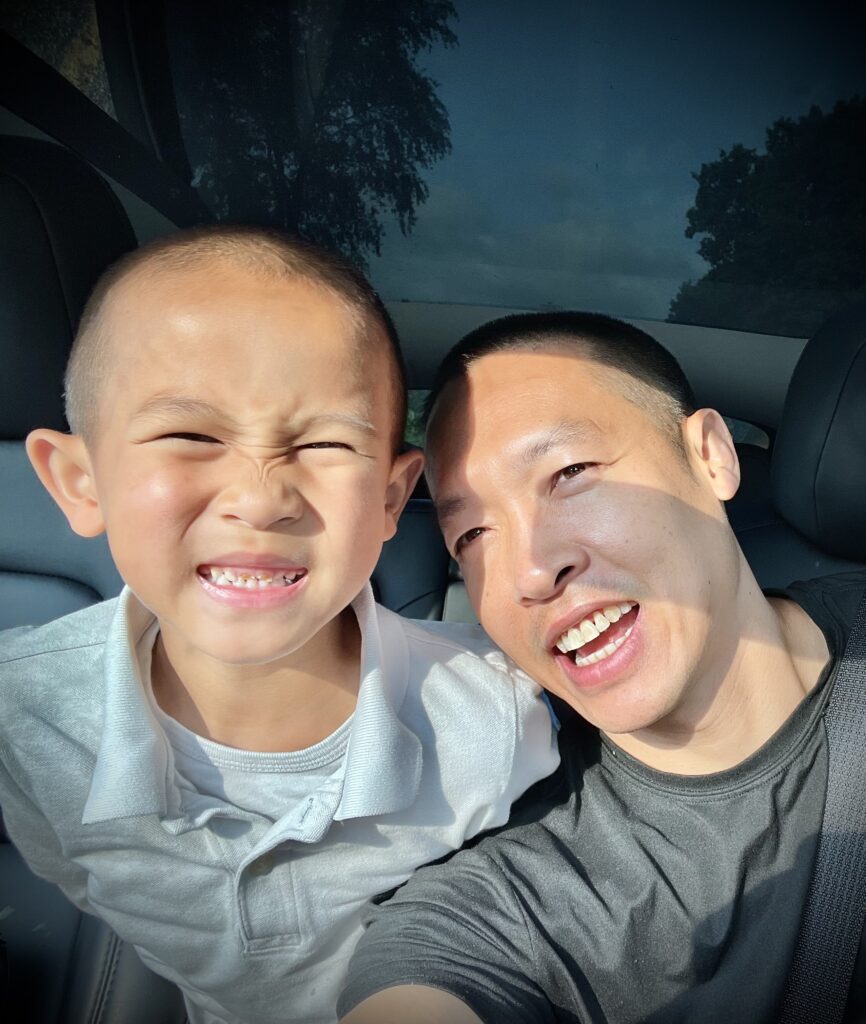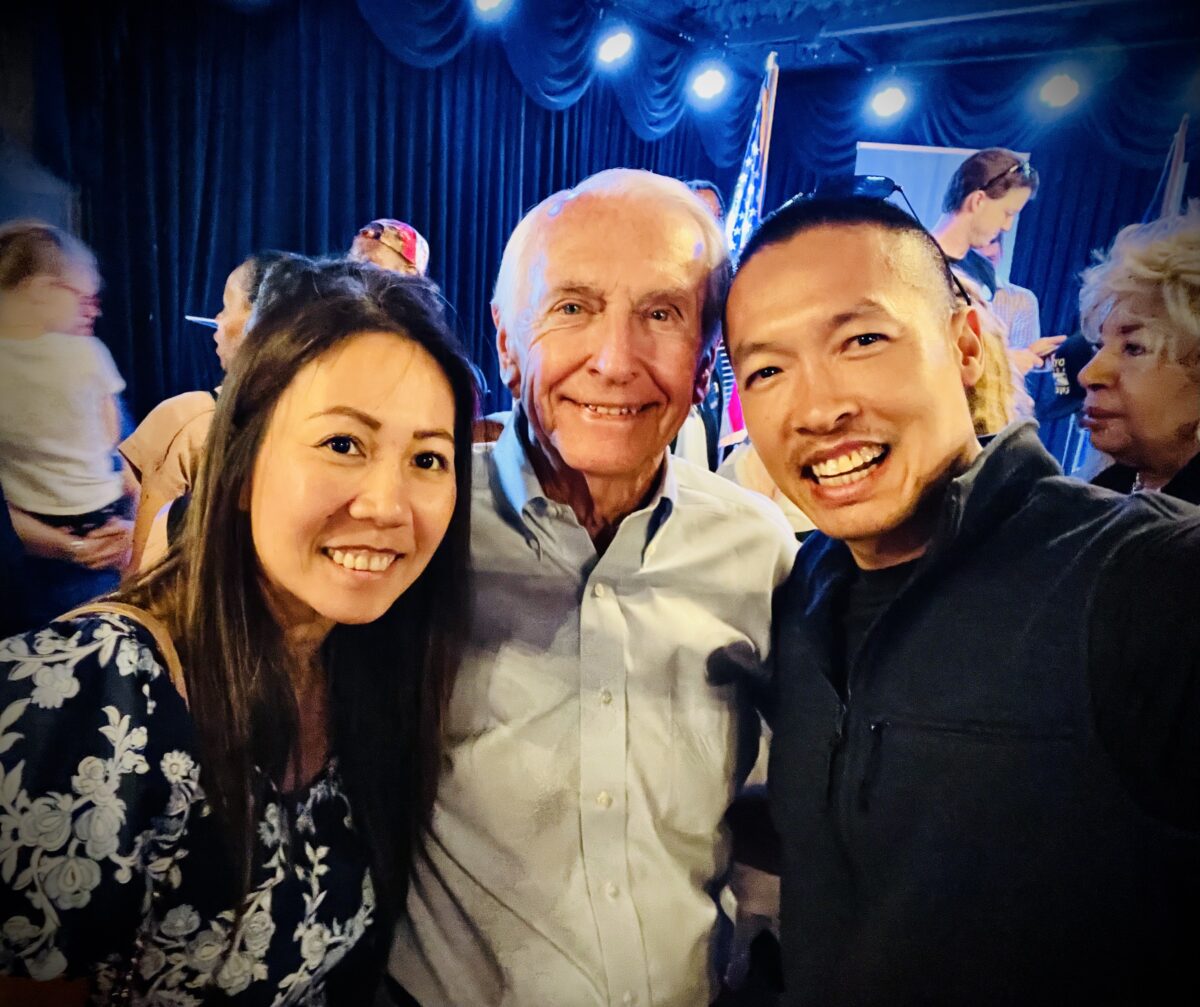The Beshear family is an admirable example of dedication, service, and the power of strong family values. In a proud state like Kentucky, it is a rarity to witness a father and son both serve as governors, making their story even more remarkable. Recently, during Andy Beshear’s campaign for his second term as governor, I had the pleasure of witnessing a heartwarming encounter between Di Tran, a local resident, and Steve Beshear, the former governor of Kentucky and father of Andy Beshear.
As Di Tran eagerly approached Steve Beshear, he extended his hand with a warm smile and asked, “Sir, how did you raise a son like this, with such a beautiful heart and mind?” Steve Beshear, known for his humility and down-to-earth nature, graciously accepted Di Tran’s handshake and replied, “It’s his mom’s work,” accompanied by a smile that spoke volumes.
Di Tran, a devoted family man himself, understands the joys and challenges that come with raising children. He and his wife, Vy Truong, have three sons and are constantly learning and growing as parents. They firmly believe that raising children is both a divine blessing and a significant responsibility that requires their utmost dedication.
The story of the Beshear family serves as an inspiration to all, emphasizing the importance of leading by example. As governors, both Steve and Andy Beshear have demonstrated their commitment to serving the people of Kentucky with integrity, compassion, and a genuine desire to make a positive impact. They have worked tirelessly to create opportunities, improve education, and enhance the overall well-being of their fellow Kentuckians.
Di Tran and Vy Truong have closely followed the Beshears’ journey, recognizing the significance of their father and son duo in shaping the future of Kentucky. They have long admired the Beshear family’s unwavering dedication to public service and the strong moral compass that guides their actions.

In a wonderful turn of events, Di Tran and Vy Truong had the privilege of meeting both Steve and Andy Beshear during the campaign for Andy’s second term. The meeting was a heartwarming occasion, as Di Tran expressed his deep appreciation for the Beshear family’s values and how they have influenced his own approach to parenting.
Di Tran and Vy Truong firmly believe that the key to raising children who embody kindness, empathy, and intelligence lies in living by example. They understand that their actions and words have a profound impact on their children’s development and future. Witnessing the remarkable journey of the Beshear family has reinforced their belief in the transformative power of leading by example.
As Di Tran and Vy Truong continue their own parenting journey, they draw inspiration from the admirable Beshear family. They strive to instill similar values in their own children, fostering a sense of responsibility, compassion, and commitment to making a difference in their community.
The story of the Beshear family, with their remarkable father and son duo as governors, has left an indelible mark on the proud state of Kentucky. Di Tran and Vy Truong stand as witnesses to the power of living by example and are grateful for the opportunity to meet the duo during Andy Beshear’s campaign for his second term. Their encounter has only deepened their admiration for the Beshear family and reaffirmed their dedication to raising children who will make a positive impact on the world, just like the remarkable father and son serving as governors in the great state of Kentucky.





